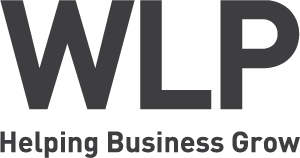Whistle blowing has had greater exposure recently, as there have been a number of whistle blowing cases that were of public interest, including ones in the banking, manufacturing, and health and social care sectors. But is whistle blowing a mechanism for avoiding risk?
Yes, according to Cathy James, Chief Executive of the whistle blowing charity, Public Concern at Work. She stated in a recent edition of PM that “All organisations are at risk of harbouring malpractice. Not having the right policy and demonstrating that you’ll act properly – and publicising that from time to time – means that you’re running a risk.”
Although the Public Interest Disclosure Act (PIDA) protects whistleblowers, most people have not heard of this legislation. Equally, the law cannot stop a breakdown of employer/employee relationships that may arise as a result of whistle blowing.
Unfortunately, employers who have not developed policies or procedures may expose their employee, which can lead to the employee becoming a victim. This may lead to the employee bringing a claim against the employer for not providing protection.
According to Cathy James “you have to separate the message from the messenger”. She explained that, in the UK, it is the messenger who all too often gets shot instead of the wrongdoer.
As an employer, you need to make sure you:
- Develop policies and practices that work.
- Help remind employees what to do.
- Train your managers to use your policies and practices.
You can find out more about whistle blowing and whistle blowing legislation from the Chartered Institute of Personnel and Development, the British Standards Insitute, and the Public Concern at Work charity.
